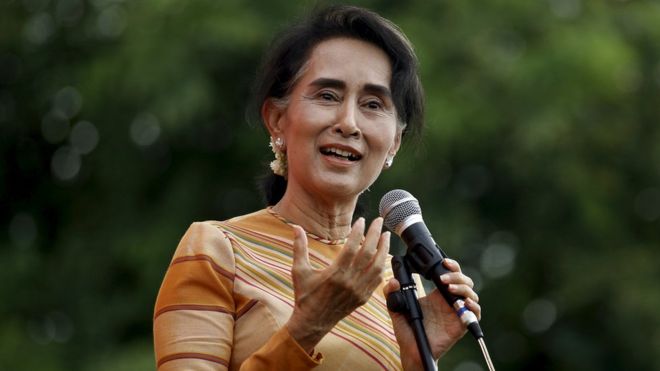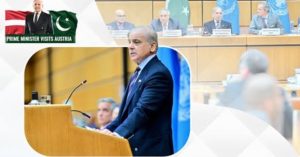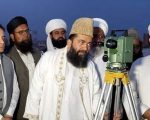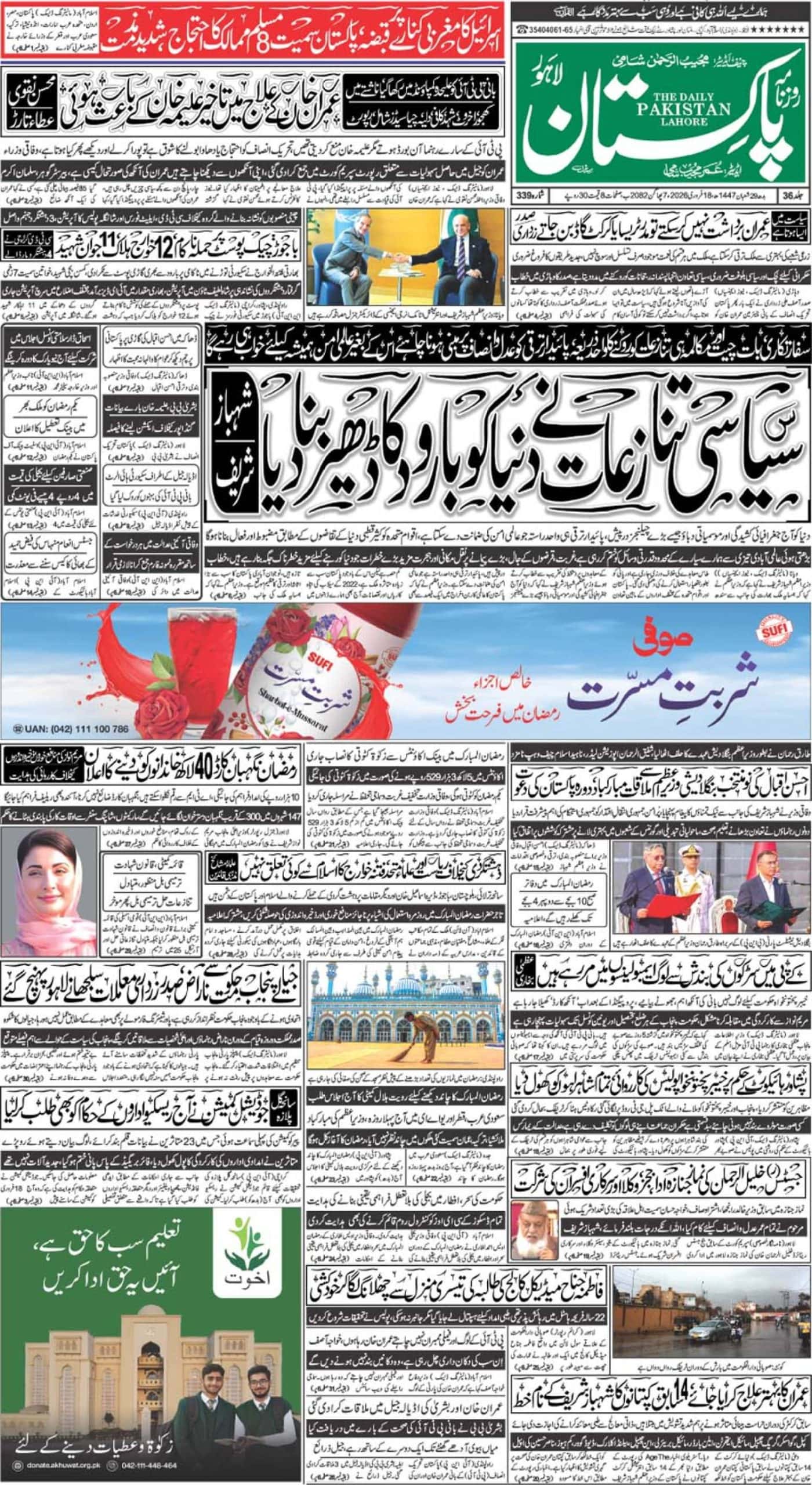BURMA – Aung San Suu Kyi, Myanmar’s de facto civilian leader and a Nobel peace prize winner has said that international attention to the plight of the Rohingya fuels resentment between Buddhists and Muslims in the country’s north-west.
Reacting to oppressive crackdown on the Rohingya Muslims, U.S. government has also condemned it and said that a security crackdown that has displaced thousands of Rohingya Muslims and left an unknown number dead risks radicalising people and inciting religious tensions in Southeast Asia.
The top U.S. diplomat for East Asia, Daniel Russel, is critical of the military’s heavy-handed approach and says the escalation of violence risks inciting jihadist extremism in the country also known as Burma. He is also calling on neighbouring countries, such as Muslim-majority Malaysia and Indonesia, to resist the urge to stage protests that could further stir religious passions
However, maintaining its silence and indifference to one of the worst persecution of the modern world, Aung San Suu Kyi accused the international community on Friday of stoking resentment between Buddhists and Muslims in the country’s north-west, where an army crackdown has killed at least 86 people and sent 10,000 fleeing to Bangladesh.
The US and other nations have called for an independent investigation into the latest violence in Rakhine. Estimates of the death toll range between dozens and several hundred. Human Rights Watch said November 21 that satellite imagery showed at least 1,250 buildings have been destroyed.
With journalists barred from the affected area, it’s been near-impossible to substantiate reports of rapes and killings by Myanmar soldiers – the kind of conduct that has long blighted the military’s reputation in ethnic conflicts.
Adama Dieng, UN special adviser on the prevention of genocide, said this week that if reports of excessive use of force in Rakhine were true, “the lives of thousands of people are at risk”.














